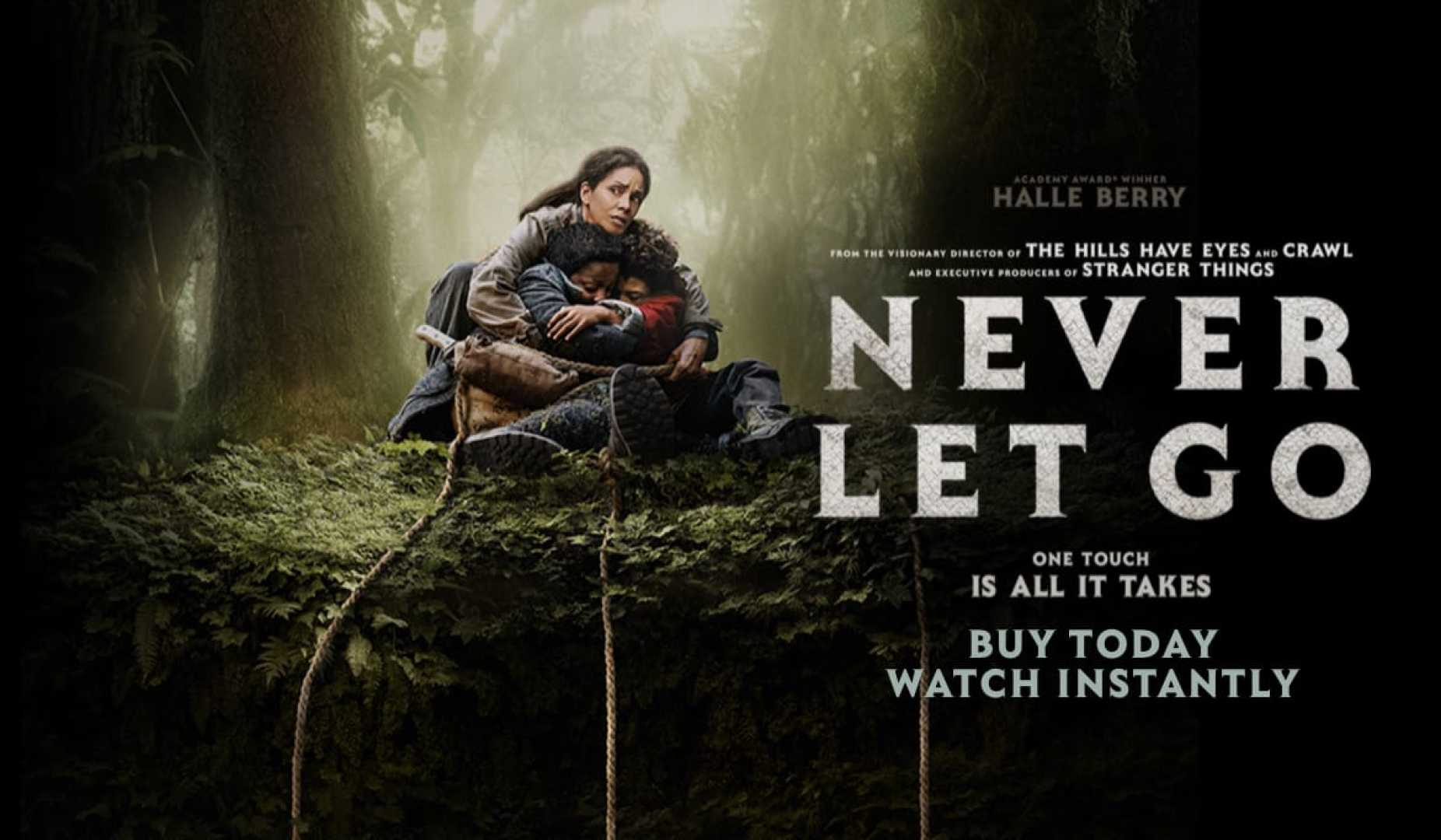Entertainment
Halle Berry Stars in New Horror-Thriller ‘Never Let Go’ on Starz

GRAND RAPIDS, Mich. — The new horror-thriller film ‘Never Let Go,’ available on Starz, features Halle Berry as a mother confronting a sinister entity known as The Evil. This psychological story explores themes of isolation, mental illness, and survival.
In the film, Berry plays a character who believes that a malevolent force lurks in the woods outside her home. To protect herself and her two sons, she insists they remain tethered to the house using a long rope. The concept may appear complex, but director Alexandre Aja aims to deliver suspense that captivates viewers.
The film introduces us to Momma and her twin sons, Nolan and Samuel. They live in a post-apocalyptic world filled with zombies that only seek humans. The brothers, portrayed by Percy Daggs IV and Anthony B. Jenkins, must forage for food while staying close to the safety of their home. Unlike humans, their pet dog is free to roam and hunt.
As the story unfolds, tension arises between the boys as Nolan questions their mother’s perception of reality. When an accident leads to Samuel injuring himself, the family’s delicate dynamics further complicate their already precarious survival.
The film’s atmosphere intertwines with moments of grim humor, as food shortages force the family to adapt to desperate measures, including eating tree bark. Nolan’s tendency to sleepwalk adds another layer of worry for Momma as they cope with increasing threats.
Critics have noted the film’s blend of horror and commentary on parenting, asking whether Momma is indeed leading her children into danger. The dialogue, while sometimes awkward, reflects the tension within the family dynamic.
Though ‘Never Let Go’ evokes comparisons to other isolated-family films, it strives to carve its niche in the horror genre. However, the film has received mixed responses, particularly surrounding its execution of an otherwise intriguing premise.
John Serba, a film critic based in Grand Rapids, expressed a unique perspective, stating that while the concept intrigues, the film ultimately falls short, suggesting audiences may prefer to ‘skip it.’












